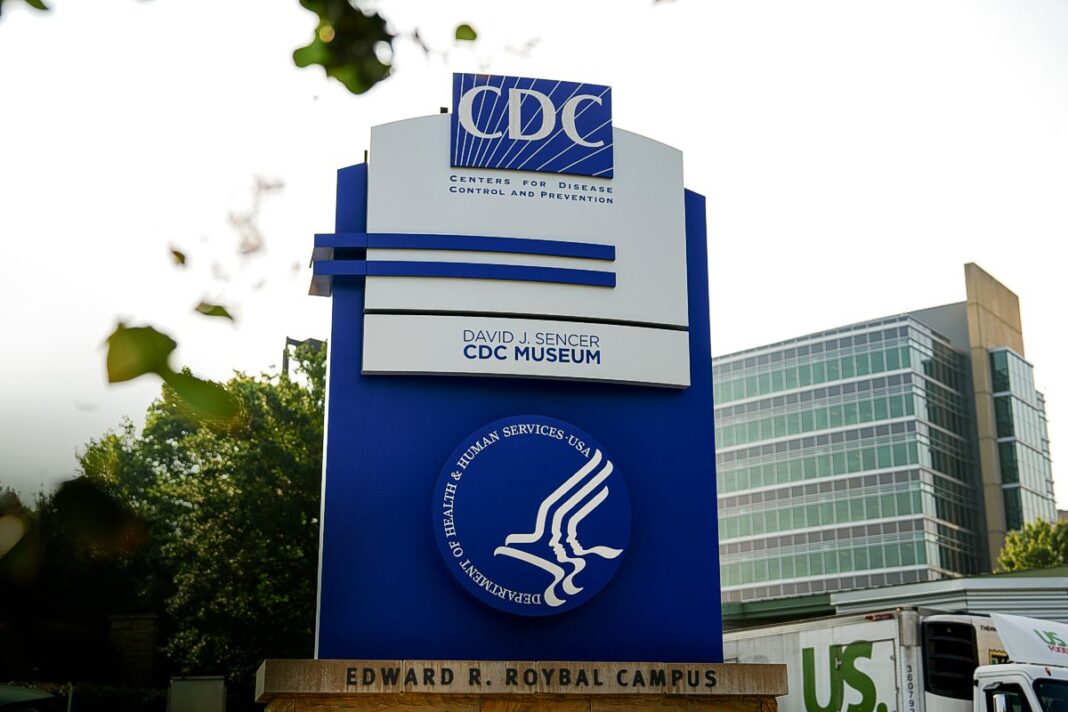The bill passed with bi-partisan support, reclassifying fentanyl and establishing new fentanyl-related offenses.
The House of Representatives voted in favor of a Senate bill to reclassify fentanyl as a Schedule I drug under the Controlled Substances Act on June 12.
The legislation passed 321–104, with only one Republican voting against it.
“A schedule I controlled substance is a drug, substance, or chemical that has a high potential for abuse; has no currently accepted medical value; and is subject to regulatory controls and administrative, civil, and criminal penalties under the Controlled Substances Act,” the Senate said on its website.
Under the bill, new fentanyl-related offenses are established, with 100 grams or more triggering a mandatory prison sentence with a minimum of 10 years. The legislation also establishes a new registration process for research with controlled substances.
Other Schedule I drugs include heroin, ecstasy, and LSD.
Schedule I drugs “may not be prescribed, dispensed, or administered” by physicians, according to the National Institutes of Health, which means fentanyl will be pulled from medical use in the United States if Trump signs the bill.
Fentanyl was previously a Schedule II narcotic, defined as a “drug with high abuse potential,” with use potentially leading to “severe psychological or physical dependence.” These are considered dangerous drugs that can be prescribed by medical doctors.
Additionally, the bill establishes a new, alternative registration process for certain Schedule I research.
This is a developing news report and will be updated.
Jacob Burg contributed to this report.
By T.J. Muscaro







